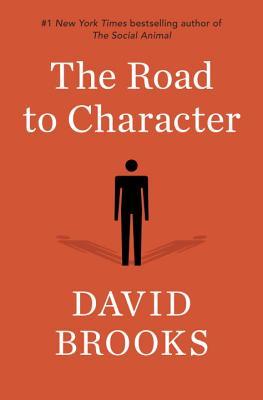Anyway, The Road to Character has two premises:
One, there is an Adam I and Adam II in us. Adam I is the career-minded, materialistic self, while Adam II is the internal self. The one that wants to "embody certain moral qualities". These two selves are the reason for a continual tension within us.
Two, society has, in recent times, moved from a Little Me mindset to a Big Me mindset, where we put ourselves first. While this isn't wholly unjustified, Brooks argues that we have swung too far in the direction of self-love and self-centeredness, and that we need to take a step back.
To be clear, this doesn't mean the past is better than the present. Brooks says as much in the opening chapters. There are changes we've made that are for the better. But what he is saying is that there are things we can and should learn from the past.
The bulk of the book are the eight biographies of various people, from Frances Perkins to A. Philip Randolph to Augustine. As Brooks goes through their lives, he pauses to talk about certain characteristics they embodied, which is where I ended up saving loads of quotes from. Among others:
Love is a surrender. You expose your deepest vulnerabilities and give up your illusions of self-mastery. [...] Love depends on the willingness of each person to be vulnerable and it depends that vulnerability. It works because each person exposes their nakedness and the other rushes to meet it.
To be sure, none of these people lead perfect lives. Their characters tended to leave them under-compensated in some ways, so while they might accomplish great things, they had their own personal sufferings.
But taken as a whole, these people point the way towards how we could leave more contented, fuller lives. It is not a life of ease, since it is a life consisting of balancing two eternally conflicting selves, but it is a rewarding one.
I borrowed this from the library, but I totally want my own copy.


This sounds really interesting. I agree with the author that the past isn't necessarily better but that there are things we can learn from it. I think too often we forget to remember that fact.
ReplyDeleteAgreed. Hope you get the chance to read it :D
Delete